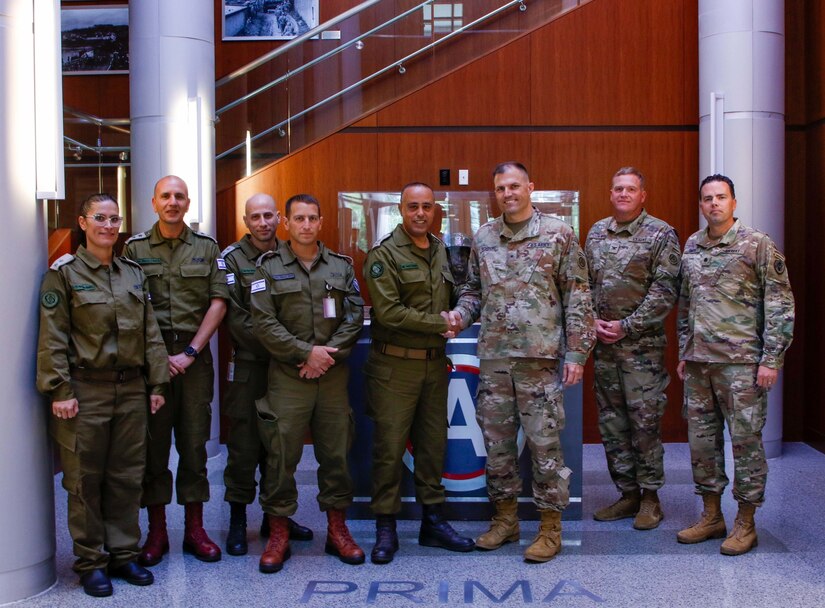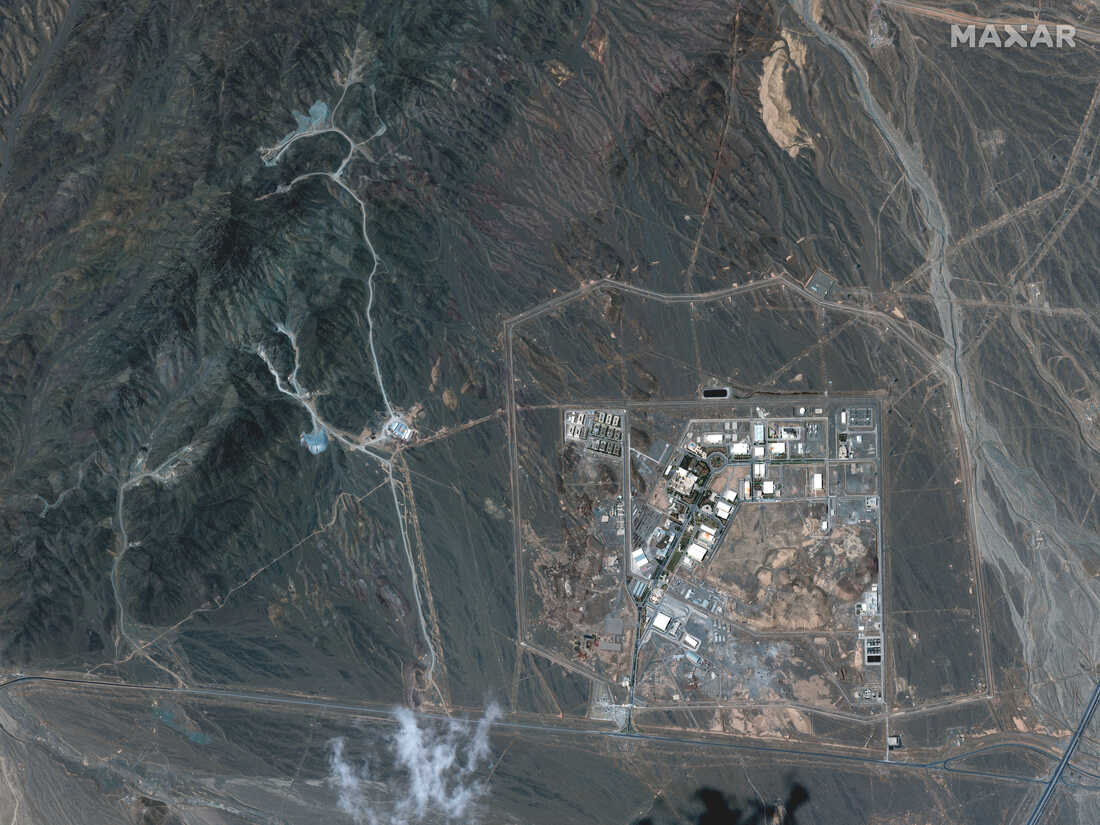In a shocking revelation, Israel"s military has concluded that some of Iran’s underground stockpiles of near-bomb-grade enriched uranium withstood recent American and Israeli strikes. This alarming news comes as Israeli Prime Minister Benjamin Netanyahu inches closer to military action against Iran, a move that could escalate tensions in a region already fraught with conflict.
Israel"s Military Escalation Plans
A senior Israeli official, speaking anonymously due to the sensitivity of the information, stated that the Israeli government has been preparing for military action against Iran since late last year. The impetus for this aggressive posture was the perceived urgency to counter what Israel claims is Iran"s secret race to develop nuclear weapons. The official pointed to intelligence gathered shortly after the Israeli Air Force"s assassination of Hassan Nasrallah, the notorious leader of Hezbollah, as a turning point that prompted Netanyahu to ready forces for a potential strike, with or without U.S. support.
U.S. Intelligence Contradicts Israel"s Claims
Despite Israel"s assertions, U.S. intelligence officials have reported a starkly different assessment of the situation. In the wake of the airstrikes conducted in mid-June, which involved heavy bombardments of key Iranian facilities, U.S. intelligence found no evidence that Iran had made any moves to weaponize its enriched uranium stockpile. The use of 30,000-pound bunker-buster bombs and submarine-launched Tomahawk missiles targeting Iran’s enrichment sites has raised significant concerns about the potential for a wider conflict, yet American officials maintain that Iran is not actively pursuing the bomb.

Chief of Israeli Ground Forces visits U.S. Army Central"s ...
The Danger of Miscalculation
With tensions mounting, the risk of miscalculation grows exponentially. The Israeli official"s claims of hidden nuclear capabilities have not been substantiated, leading one to question the motivations behind such aggressive rhetoric. This raises critical questions about the role of intelligence in justifying military action and the potential consequences for regional stability. As reported by AP News, the situation is precarious, and the consequences of a misjudgment could lead to a catastrophic escalation of violence.
Regional Implications of Conflict
Iran’s response to Israeli military action has already demonstrated its capability and willingness to retaliate. Following the airstrikes in June, Iran launched aerial attacks targeting Israel, particularly striking Tel Aviv. This cycle of violence underscores a dangerous and retaliatory dynamic that could spiral out of control. As the Brandeis University points out, the geopolitical implications of an Israeli-Iranian conflict extend beyond their respective borders, potentially destabilizing an already volatile Middle East.

Reviving The Iran Nuclear Deal: Here"s What It Invol…
The Role of International Diplomacy
As the situation intensifies, the role of international diplomacy becomes ever more critical. The Biden administration has been under pressure to respond to these developments, balancing the need for diplomatic engagement with the realities of military confrontation. The intelligence community, led by Director of National Intelligence Tulsi Gabbard, has asserted that Iran has not yet decided to build a nuclear weapon, suggesting that diplomatic avenues should be prioritized over military action. However, as history has shown, the path to peace is fraught with challenges, particularly when national interests collide.
In this precarious moment, it becomes imperative for global leaders to advocate for de-escalation and prioritize dialogue over aggression. The nuclear threat posed by Iran is not merely a regional issue; it is a global concern that necessitates a concerted international response, rooted in diplomacy and mutual respect.


![[Video] Heavy clashes and gunfire reported in Baghdad, Iraq](/_next/image?url=%2Fapi%2Fimage%2Fthumbnails%2Fthumbnail-1768342239932-848qsh-thumbnail.jpg&w=3840&q=75)




![[Video] Gunfire between Iraqi security forces and Sadr militias in Baghdad](/_next/image?url=%2Fapi%2Fimage%2Fthumbnails%2Fthumbnail-1768343508874-4redb-thumbnail.jpg&w=3840&q=75)
